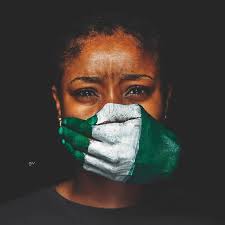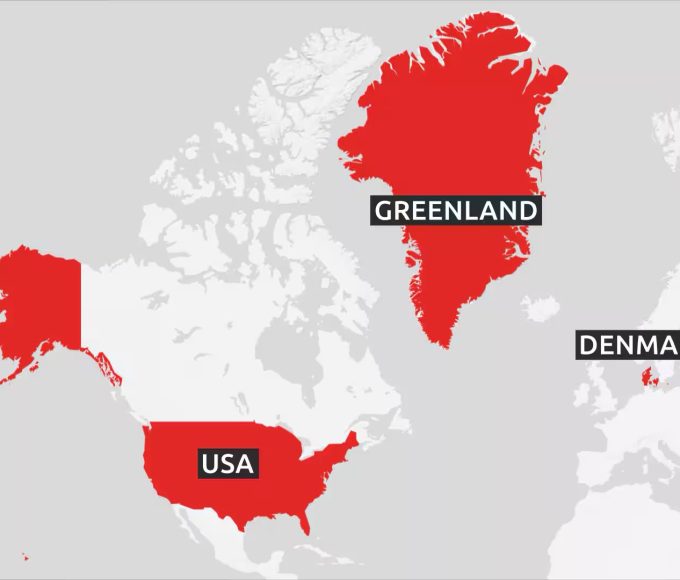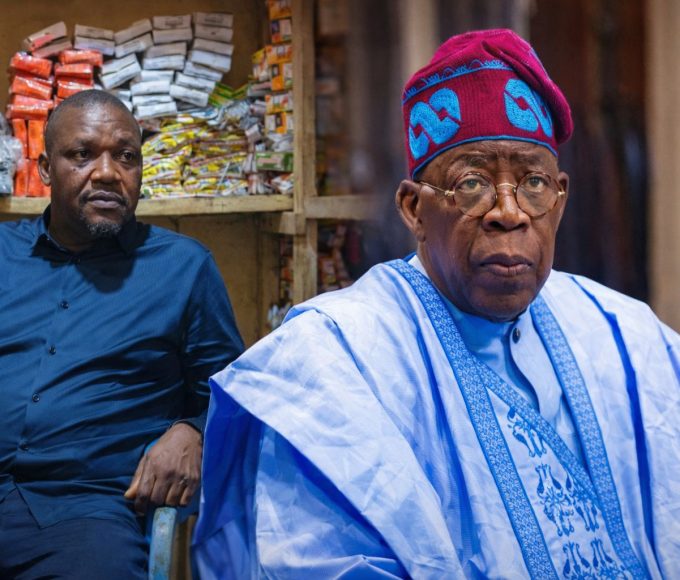
When Death No Longer Shocks: Nigeria’s Growing Numbness to Tragedy

Another week, another body count. 207 dead in Mokwa floods in Niger state. Over 60 killed in stampedes while scrambling for palliative. Dozens were killed in Benue and Plateau in recurring waves of militia violence. Hundreds abducted in Zamfara, Borno, and Katsina, many still unaccounted for.
And yet, no protests, no national mourning, no government accountability, just silence. A tweet. A press release, and then back to business as usual.
Are Nigerians Becoming Numb to Tragedy?
It’s a painful question, but one we must now confront:
Are Nigerians getting used to tragedy? Is the loss of human life so frequent that it no longer shocks? Are we becoming desensitised to disaster, and if so, at what cost?
For decades, Nigerians have endured hardship. But what we see today is different. We are no longer merely suffering; we are watching ourselves suffer in real-time and feeling nothing at all.
The Collapse of Empathy
In many parts of the world, a flood that claims 207 people would trigger:
A national day of mourning, high-level resignations, emergency relief funds, mass protests, media reportage and a leader showing up in person to identify with the people. However, in Nigeria, we tally the dead like statistics in a ledger, debate the next policy failure and then we scroll past it.
Nigerians are strong,” they say.
But strength without outrage becomes complicity, and resilience without memory becomes surrender.
A Leadership That Reflects the People?
When President Tinubu cancelled his Democracy Day address, there was no outcry. When he failed to visit the Mokwa flood victims, the news trended for hours and was gone the next day.
When over 60 Nigerians died in a palliative stampede, the system blamed the victims for their desperation. No minister was sacked, no policy reviewed, and no lessons learned. And the people? We moved on, again. What does it mean when a government stops caring and its people stop expecting it to do so?
A Deadly Normal
In Nigeria today, tragedy is no longer an exception; it is the rhythm of life. A police officer shoots a child, a farmer is killed, flood kills hundreds, and terrorist groups kill, abduct and rape many; there will be hashtags and maybe be prayers but then, silence.
We now live in a country where the only thing more predictable than the disasters is the absence of justice that follows.
Where Do We Go From Here?
We must resist this numbness and remind ourselves that every death is a name, a family and a story.
We must demand leadership that doesn’t just survive in office, but serves in crisis and also rediscover outrage as a moral force, not violence, but as a call for accountability.
Because when a nation stops feeling, it stops healing.
And when it stops mourning its dead, it becomes a graveyard with a flag.
Nigeria, wake up before the next tragedy turns us all into ghosts.
About The Author
Related Articles
Tinubu Deducts N100bn Monthly From Federation Account Without Approval El-Rufai Alleges Says Action Deserves Impeachment
Former Kaduna State Governor Nasir El-Rufai has launched a blistering attack on...
ByWest Africa WeeklyJanuary 26, 2026Trump’s Greenland Threat Forces Europe to Taste the Logic of Western Colonial Power
It rarely begins with soldiers. More often, it begins with a sentence,...
ByWest Africa WeeklyJanuary 21, 2026Tinubu Government Claims Intelligence Cooperation With the US, Yet New York Times Publishes Conflicting Story Following $9 Million US Lobbying Effort
When the New York Times published its investigation suggesting that claims from...
ByWest Africa WeeklyJanuary 19, 2026Mali’s Transition Leader Attends Swearing-In of Guinea’s President Mamadi Doumbouya
Mali’s President of the Transition, General Assimi Goïta, represented the country in...
ByWest Africa WeeklyJanuary 19, 2026












Leave a comment